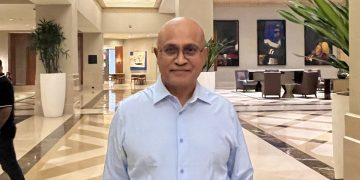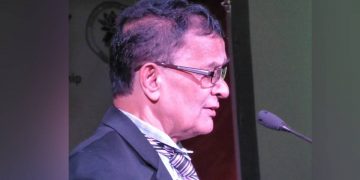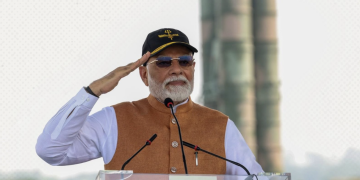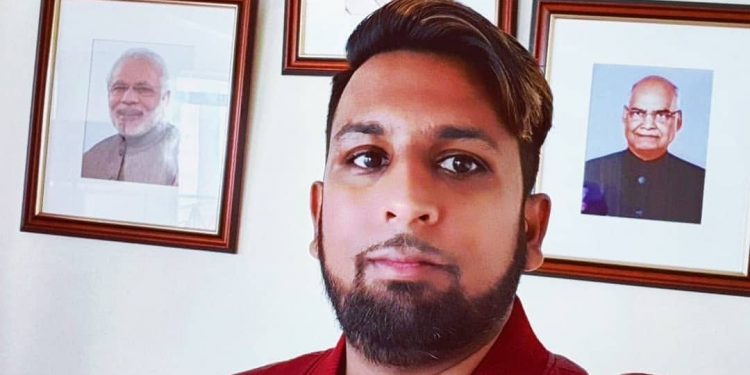If I were to ask you how many political parties have been registered by the EBC since our Independence, what would be your response? Would it be 20? 50? 100? Well, if your guess was ONE HUNDRED AND NINETY-SIX, you would be correct, and also a liar because nobody would or could ever guess that. And to be fair, the vast majority are groups that have fielded a small number of candidates in maybe one or two elections over the years, and would be more akin to independents rather than a full-fledged party. But that said, having already been registered means that any or all of them can nominate a full complement of candidates in an election and potentially form the next government.
Though there are almost two hundred parties viable for the next election, however, I would be genuinely surprised if someone off the street could name more than five, and this lack of popularity speaks to the reason why we still live in a two-party society today. That said, so far, at least eight parties have already announced their candidacy for the 2025 general elections, including the United National Congress, the People’s National Movement, the National Transformation Alliance, the Progressive Empowerment Party, H.O.P.E., the Patriotic Front, with the Progressive Democratic Patriots and the Tobago People’s Party battling for the two seats in Tobago; and the Congress of the People still existing off to the side somewhat contemplating their options. So, imagine that in this current landscape, a brand-new party is being formed with some expectation of rivalling all of these others.
The fact that this party is claimed to have some connective tissue to the slate which recently lost the UNC internal elections earlier this year suggests that this will be another political organization attempting to siphon off votes from the bowels of the opposition base. But with the UNC building off of its momentum in the local government elections, and growing in numbers from election to election, the question is how big of a pool exists for these smaller parties to attract when they also have to compete amongst themselves.
This brings me to the real issue here, which is sure to be a talking point in the upcoming election, and that is the reason why certain persons would rather create a new political party than fight alongside the UNC. And while I’m sure that fingers will be pointed, mostly at Kamla Persad Bissessar because that’s the law at this point, there is another explanation that makes a little more sense. Because, while these persons might say that they have an issue with Kamla and cannot remain in the UNC, I have to ask, what is the problem with the other parties which also exist? Why couldn’t these persons just simply join a different party, and what is the reason for forming their own? While that might say that established parties have issues that they are not willing to contend with, surely that doesn’t apply to newly formed parties such as HOPE, the Patriotic Front or the National Transformation Alliance which are now in the earliest of developmental stages.
The truth of the matter is that the only reason for the formation of UPTT is because some people just want to be in charge of something, and have no interest in entertaining ideas that don’t conform with their own. As such, the prospect of creating a political party to merely be an echo chamber of like-minded individuals is more feasible than joining an established party that challenges you to come up with ideas to serve the greater good. Because if after the PNM, you can’t get along with the UNC or any other political party and are forced to create your own, then as the old adage goes, maybe you are the problem. And with that in mind, I can’t help but think that anyone who might consider joining UPTT for the same reasons, might just find themselves in a RUSH-TO-Nowhere.
Best regards,
Ravi Balgobin Maharaj
































































